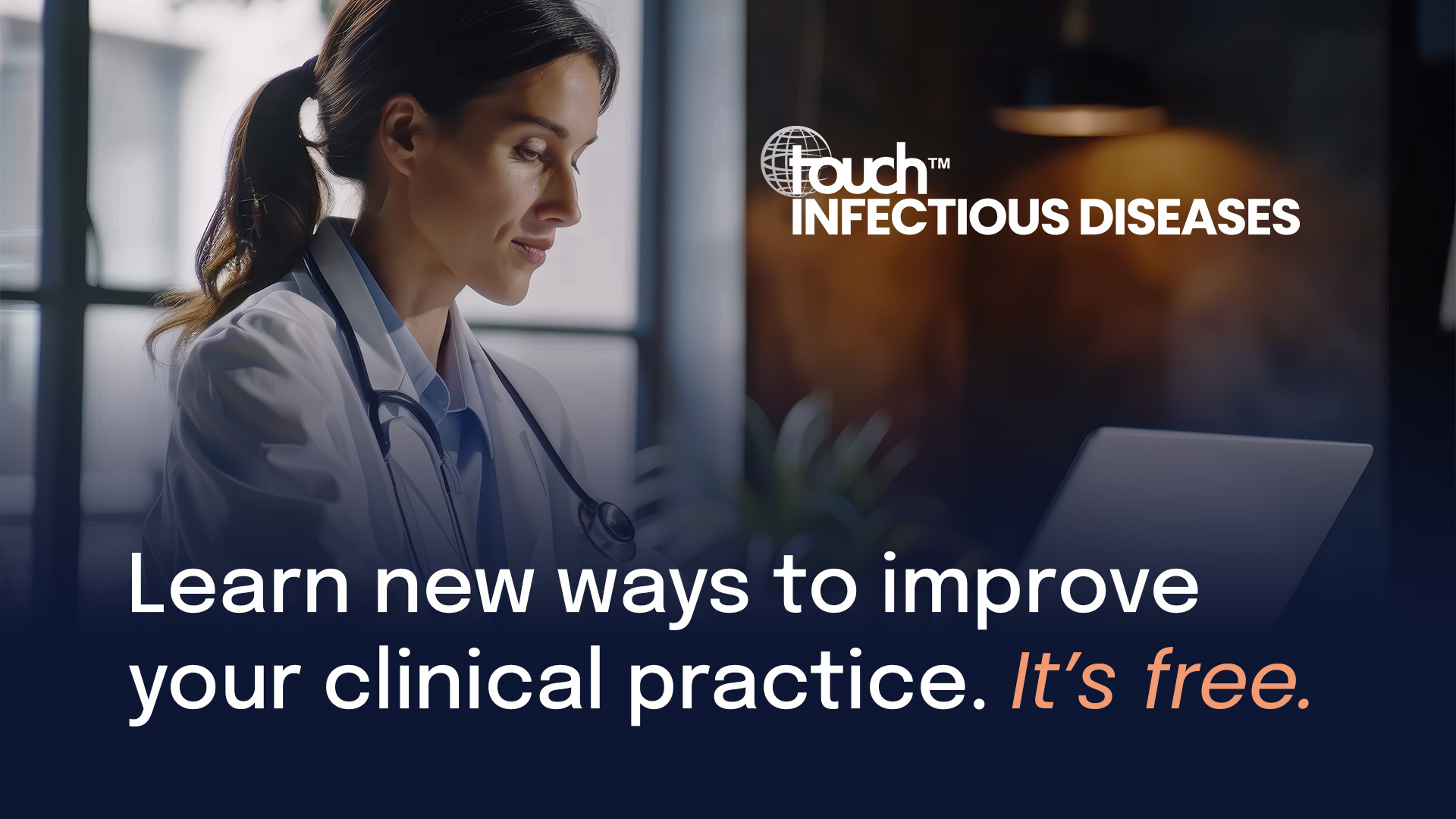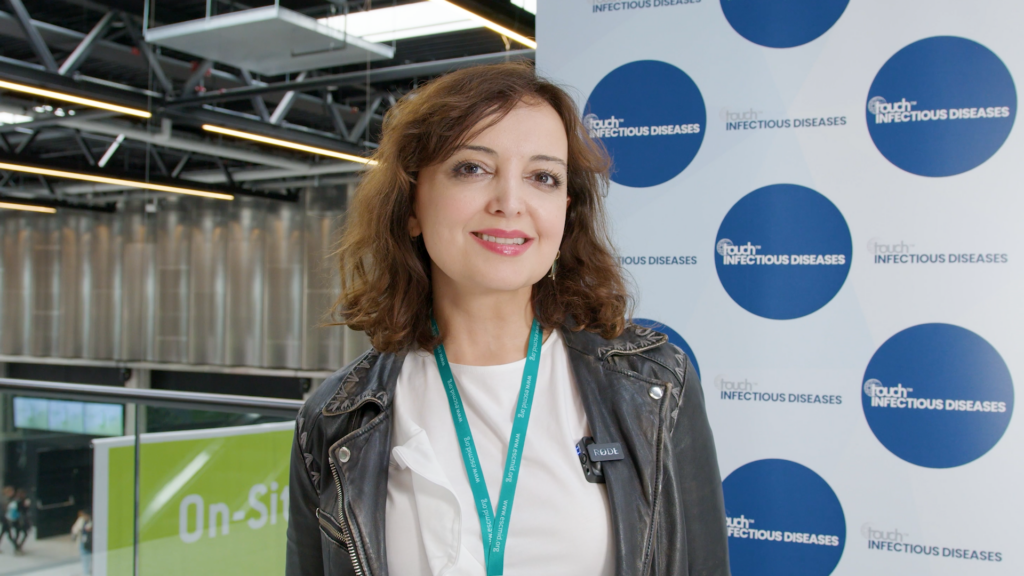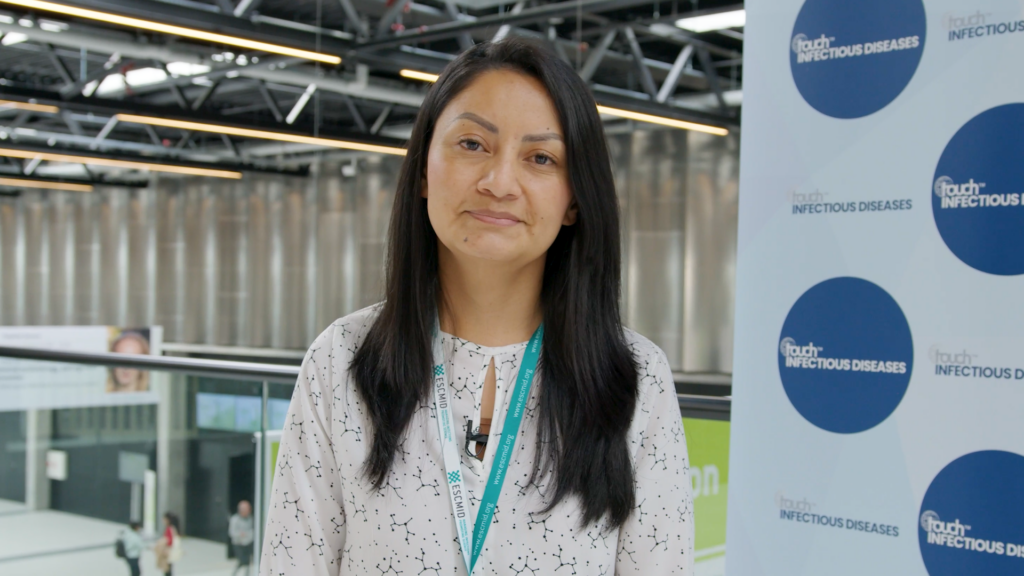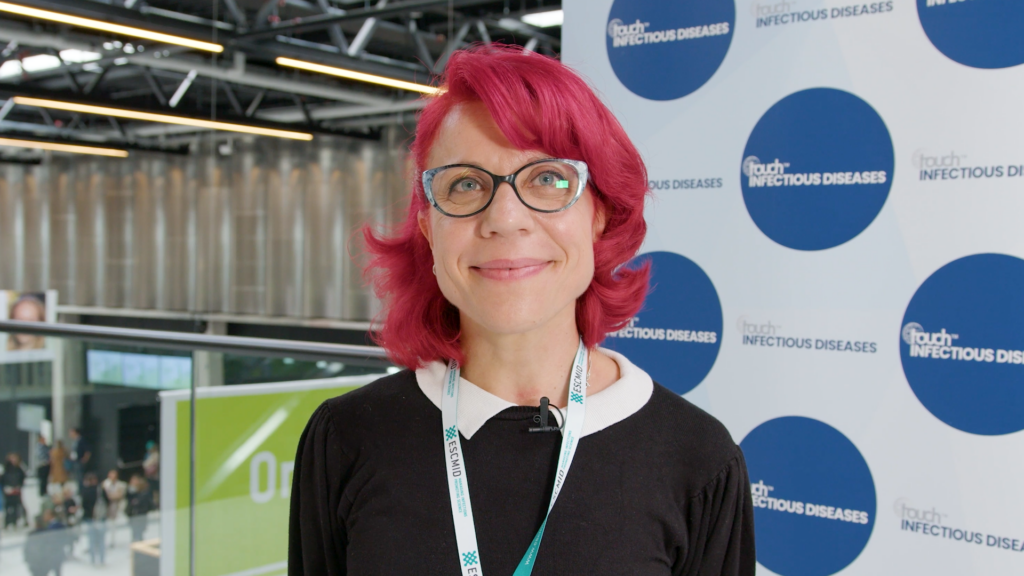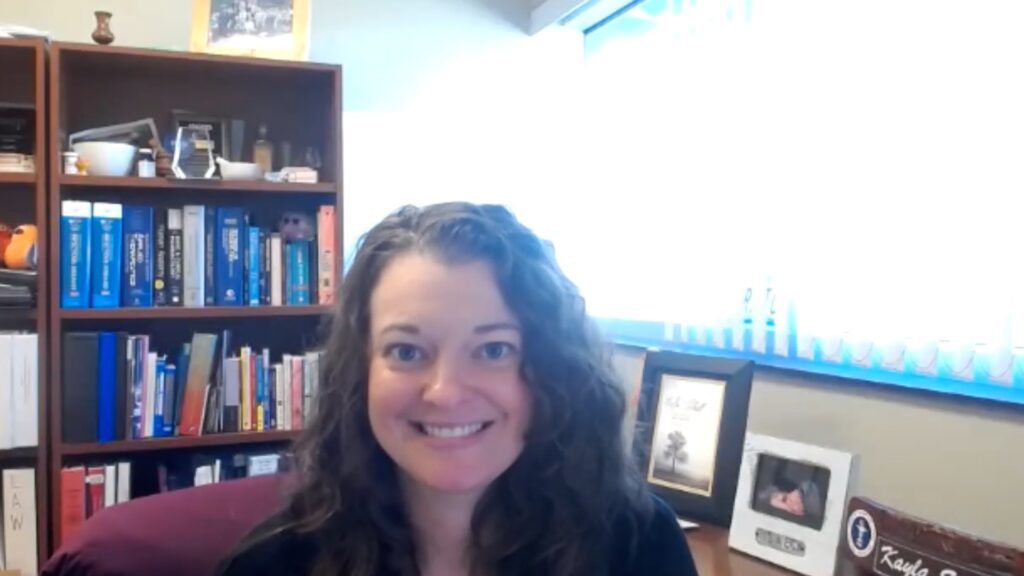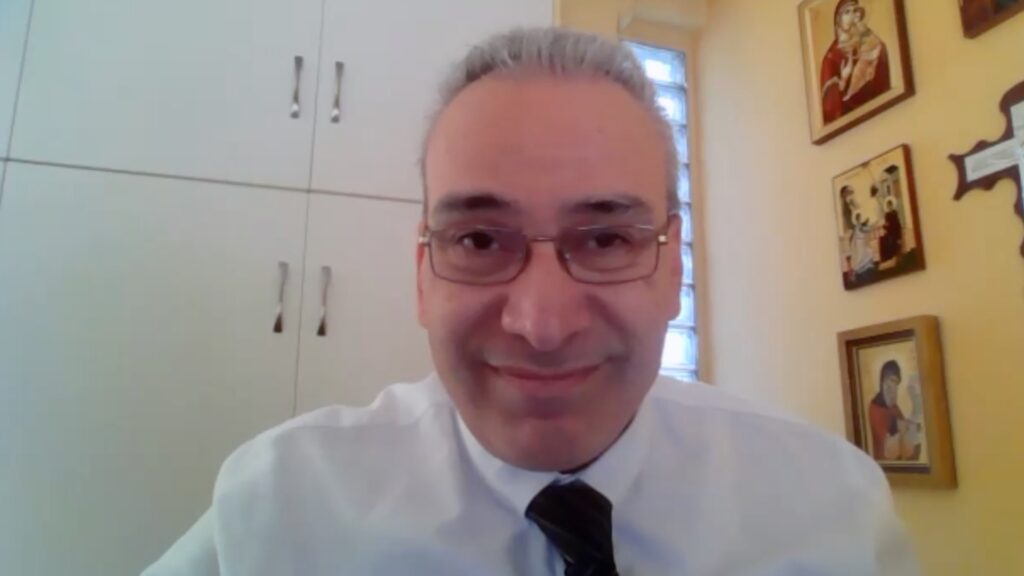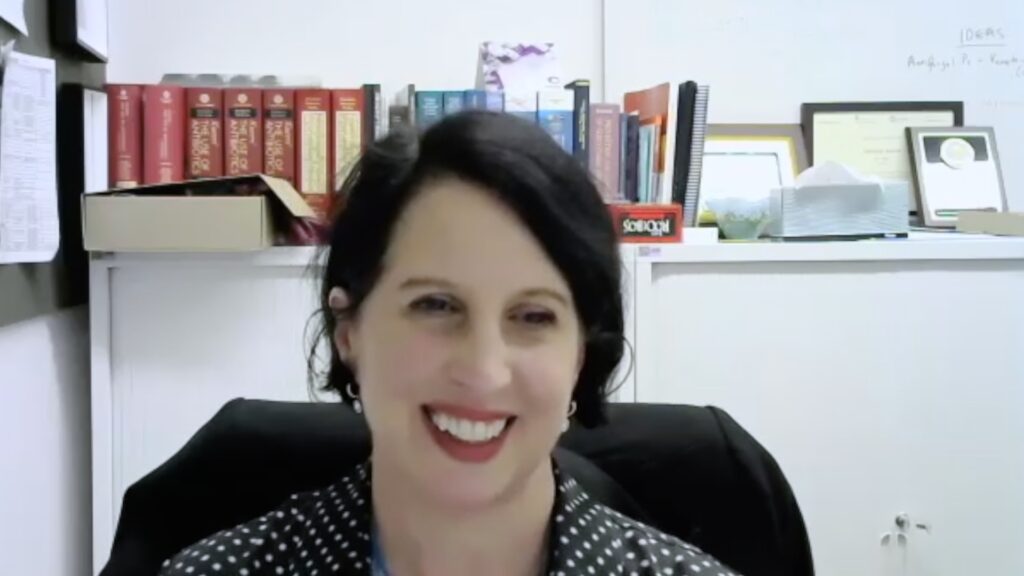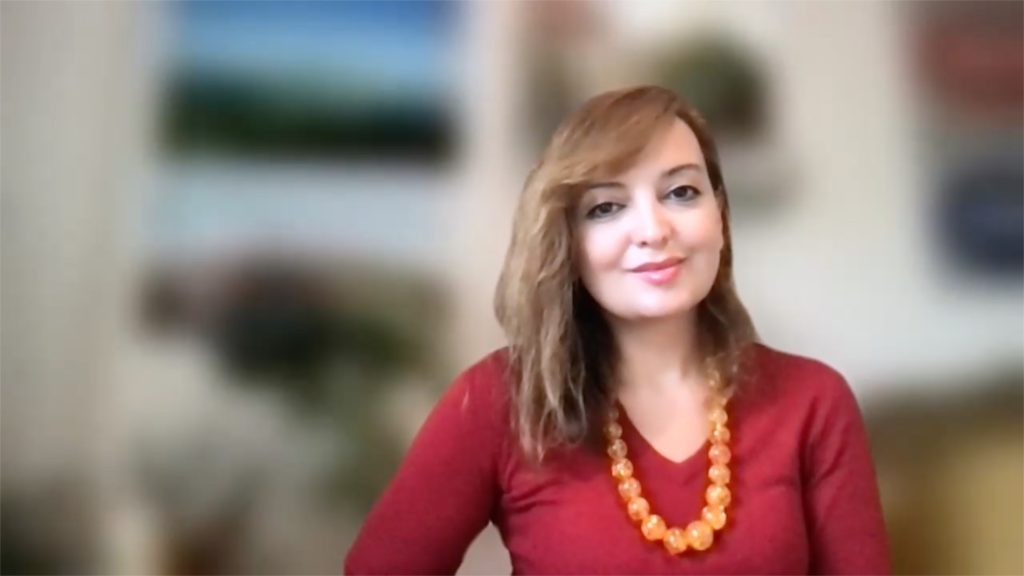“Bacteriophage therapy may be the next big step in reducing antibiotic dependence”

Dr Ikechukwu Benjamin Moses is a researcher whose work spans antimicrobial resistance, bacteriophage therapy and One Health. Currently investigating the transmission of pathogens between humans and animals – especially companion animals – he is exploring innovative strategies to reduce reliance on traditional antibiotics. Winner of the Emerging Young Investigator Award at ESCMID Global 2025, he discusses how artificial intelligence, genomic sequencing and bacteriophage gene cloning could reshape future treatment landscapes. With a new research grant supporting his efforts, Dr Moses shares insights into the scientific questions driving his work and the broader vision that could see his lab-based research evolve into real-world clinical solutions.
Q1. Congratulations on winning the Emerging Young Investigator Award at ESCMID Global 2025. Can you provide a short summary of your latest research that led to this award?
Thank you. My research focuses on the zoonotic transmission of bacterial pathogens, particularly from companion animals to humans. Over the last decade, there has been a significant rise in pet ownership, which sparked my curiosity about the transmission of bacterial pathogens between pets and humans. Given the close relationship between pets and people, it’s critical to understand how these pathogens might be passed on.
One aspect of my research involves identifying alternative therapeutic strategies to combat these bacterial pathogens. If we can find alternatives to traditional antimicrobials, it could help reduce their consumption. Developing new antimicrobials is costly and challenging, and many companies have gone bankrupt attempting it. However, recent government initiatives, like the US’s PASTEUR Act, have started to fund antimicrobial development. This multifaceted approach forms the core of my work.
Q2. What is the most valuable lesson a mentor has shared with you, and how might it have influenced your work?
The most valuable lesson I’ve learned from my mentors is to focus on doing impactful research. Over the years, I’ve seen many researchers focused on publishing in high-profile journals like Nature or Science. While publication is important, what matters more is the impact of your research. It’s essential to consider how your findings influence society and solve real-world problems.
For example, in Brazil, a part of my research investigates specific epidemiological clones of Staphylococcus pseudintermedius and deciphering their pathogenic factors. Translating this knowledge to policymakers and collaborating with them can have a significant impact. Bridging research and policy is essential for making a lasting difference. The goal is to do meaningful research that improves your environment, and from there, it can scale globally.
Q3. Did you have a specific mentor who exemplified this?
Yes, I consider myself fortunate to have had several mentors who have guided me throughout my career. While I learned a lot on my own, my recent experience has been particularly shaped by my postdoctoral mentor and supervisor, Professor Ana Cristina Gales. She leads our lab (Laboratorio ALERTA) in the Division of Infectious Diseases at the Federal University of Sao Paulo (UNIFESP), and she’s been an amazing mentor. She not only guides me in research but also treats me as a colleague rather than just a postdoc. Her approach is warm and collaborative, which has been very inspiring.
In Nigeria, during my PhD, I was mentored by Professor Charles Okechukwu Esimone and Professor Ifeanyichukwu Romanus Iroha, who also played a significant role in shaping my career. I was also very fortunate to be mentored by Professor J E Rubin when I was a Visiting Graduate Researcher in Western College of Veterinary Medicine, Department of Veterinary Microbiology, University of Saskatchewan, Canada. Their mentorship has been pivotal in where I am today, and I owe much of my success to them.
Q4. What aspects of your work do you find the most fulfilling?
I find it most fulfilling when I’m able to take a concept that’s long interested me – particularly the transmission of pathogens between humans and animals – and turn it into active research. My focus on companion animals has been a longstanding interest, and I’ve expanded that into broader questions about surveillance and pathogen circulation.
What’s especially meaningful is not just identifying problems but also working on solutions. That’s what drew me to bacteriophage therapy – an alternative strategy to target bacterial pathogens. It has the potential to reduce reliance on traditional antimicrobials, which is crucial given the mounting challenge of antimicrobial resistance. A WHO-supported report projects that by 2050, antimicrobial resistance could result in 10 million deaths annually. That statistics alone was a wake-up call for me.
So I started thinking about how to reduce antimicrobial use. First, by developing alternatives – like bacteriophage therapy, which uses viruses to target bacteria. If established as a complementary or standalone treatment, it could help slow the spread of resistance and support infection control, both in clinical and veterinary settings. This all ties into the One Health concept, which I’m glad is gaining more visibility, including at this year’s ESCMID Global.
Q5. What current development or trend in your specialty excites you the most?
I’m really excited about the integration of AI into microbiological research. One area I’ve been exploring is how AI could assist in bacteriophage therapy – specifically in predicting effective bacteriophages against particular pathogens. For instance, if we’re able to sequence the genome of a bacterial pathogen causing an outbreak, and also have a sequence library of known effective bacteriophages, AI could match the pathogen to a suitable phage. This could drastically reduce response time and improve treatment accuracy. The idea would be to build a global bacteriophage bank – a kind of reference system with strain-specific data – that could be used in real time. Such a system could also help us develop regional or even pathogen-specific phages, tailored to local outbreaks. That kind of precision could significantly advance our ability to manage resistant infections more effectively.
Q6. What trial results or hot topics at ESCMID Global 2025 caught your attention?
I’m particularly interested in sessions on alternative treatment strategies. Bacteriophage therapy, for example, has been in use in Eastern Europe for years – especially in Russia and Georgia – and I’d like to see the latest data and innovations from those regions.
There’s a lot of emphasis on antimicrobial resistance and drug development, which is important, but I’d like to see more around novel proteins and alternative therapies for drug-resistant infections. These are areas with significant potential and not enough global focus.
Besides my Emerging Young Investigator Award, I’m especially excited to have won the ESCMID Global Individual research grant. I’m very grateful to ESCMID Global for selecting my research proposal for funding, after a very competitive process. This new research funding will support my current project investigating phages active against methicillin-resistant Staphylococcus pseudintermedius – a serious veterinary pathogen. I’m hopeful this research will lead to viable treatment options.
In the future, I also hope to isolate and clone specific bacteriophage genes, such as endolysins, which help break down bacterial cell walls. If we can express these genes in organisms like E. coli, they might be developed into topical treatments for wound infections caused by resistant bacteria.
Long term, I envision translating this research into a biotech start-up. Having a platform to develop and distribute phage-derived therapeutics at scale could bring meaningful impact – not just academically, but commercially and clinically as well. If we can demonstrate real-world value, industry partnerships could follow and help bring these solutions to patients and animals alike.
About Dr Ikechukwu B. Moses
Ikechukwu B. Moses, Ph.D., is a FAPESP Postdoctoral Research Fellow at the Division of Infectious Diseases, Paulista School of Medicine (EPM), Federal University of Sao Paulo (UNIFESP), Brazil. He specializes in antimicrobial resistance and infectious diseases. Dr. Moses earned his Ph.D. in Pharmaceutical Microbiology & Biotechnology from Nnamdi Azikiwe University, Nigeria in November, 2019 and has a background in Microbiology from Obafemi Awolowo University, Nigeria. He has held positions as a Postdoctoral Research Fellow at Universitas Airlangga, Indonesia, and as a Lecturer at Ebonyi State University, Nigeria. His research focuses on antimicrobial resistance, microbial immune evasion, and alternative therapeutic approaches in veterinary, pharmaceutical, and medical microbiology.
Interviewer: Caroline Markham
Disclosure: Ikechukwu Moses has no financial or non-financial conflicts of interest to declare in relation to this article.
Cite: Dr Ikechukwu Moses on phages and the promise of AI in antimicrobial resistance: touchINFECTIOUS DISEASES Future Leader 2025. touchINFECTIOUS DISEASES. May 13th, 2025
SIGN UP to touchINFECTIOUS DISEASES!
Join our global community today for access to thousands of peer-reviewed articles, expert insights, and learn-on-the-go education across 150+ specialties, plus concise email updates and newsletters so you never miss out.
